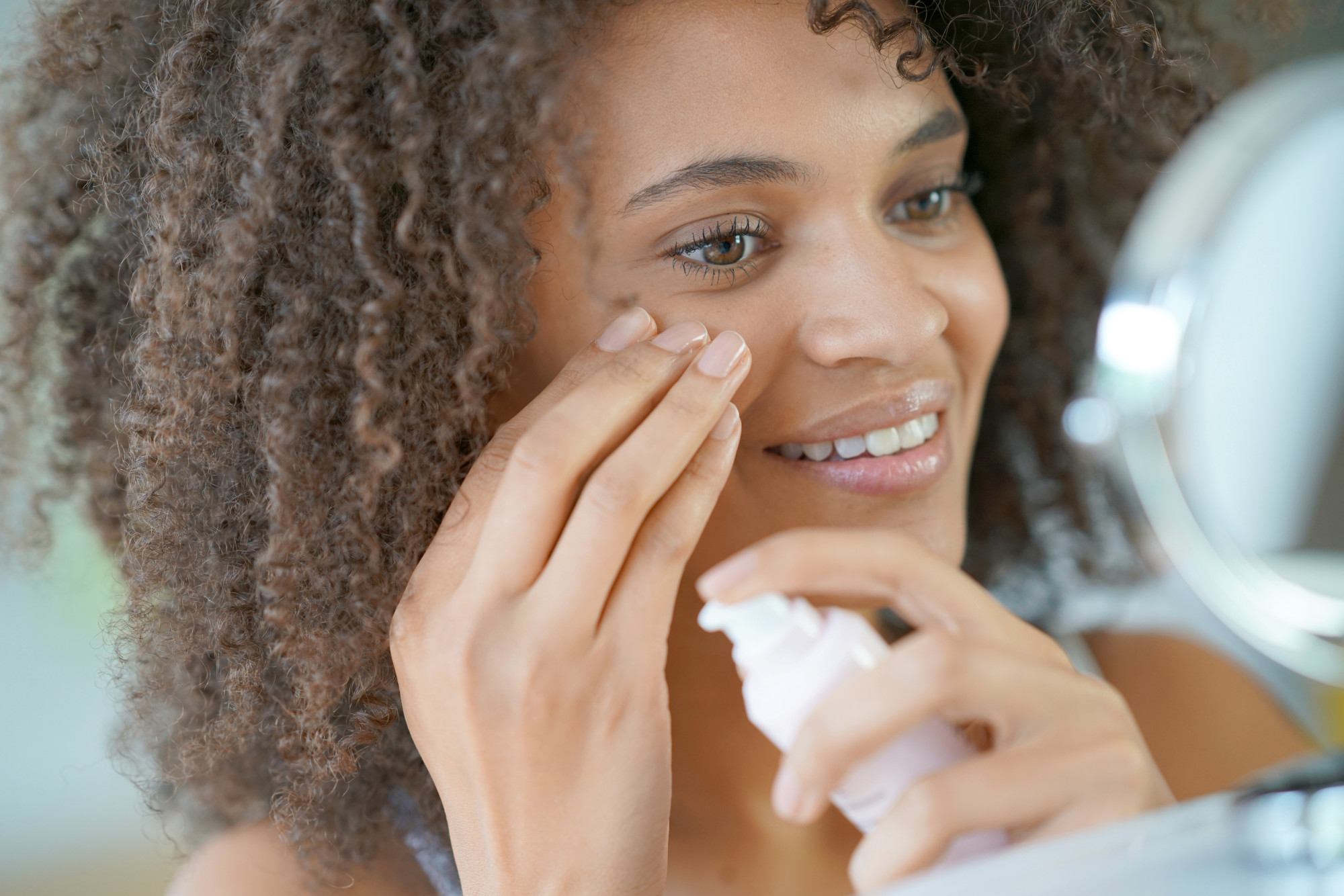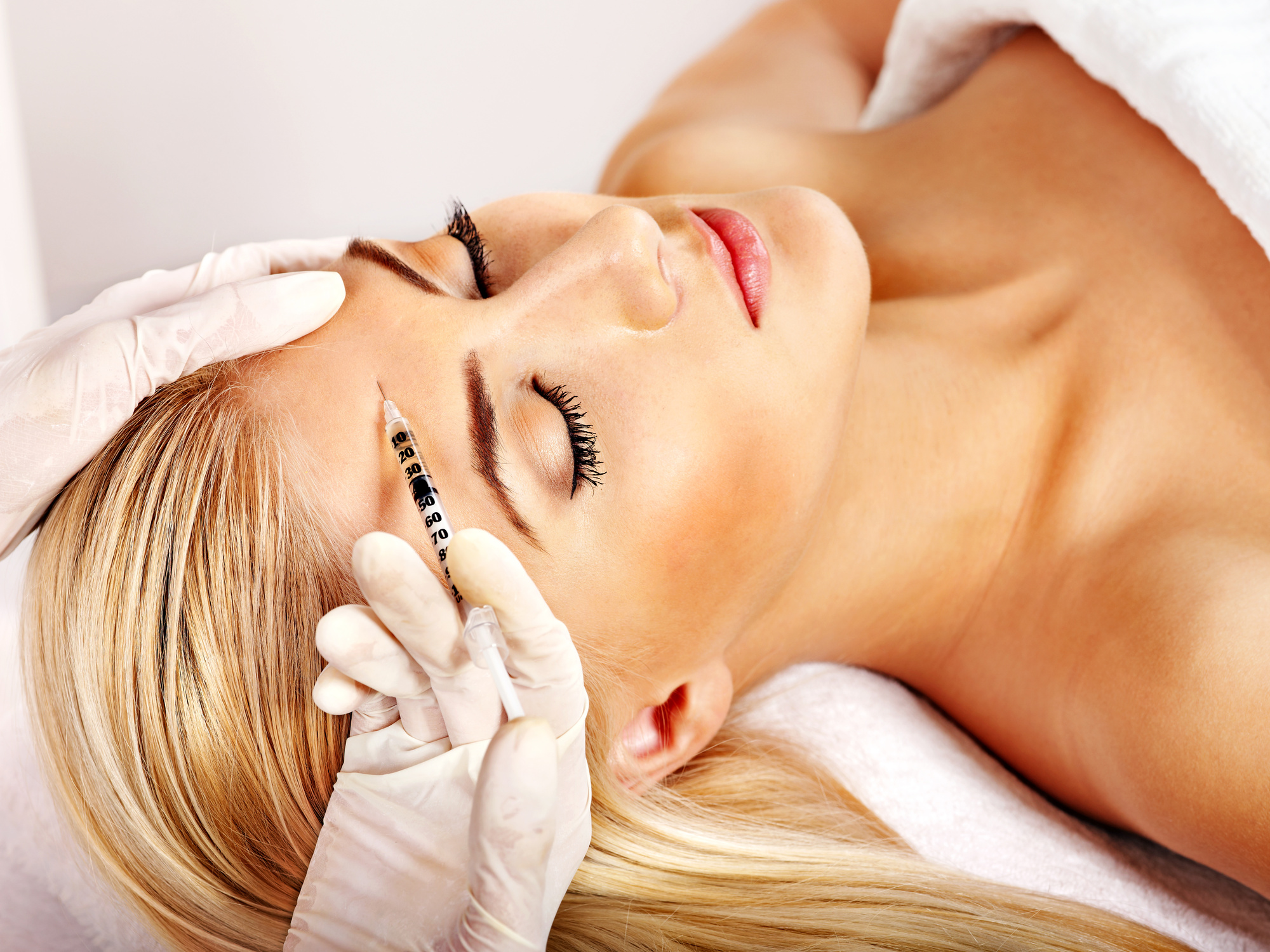Lawrence A. Schiffman, D.O., FAOCD - Board Certified Dermatologist
get connected
Published November 23rd, 2022 by Thepracticeagency

About two in three Americans say imperfect skin holds them back from feeling confident. As a result, 46% are spending more time caring for their skin. Another 64% feel guilt for not taking their skincare seriously enough.
With help from your local dermatologist, you can make more informed decisions regarding your skin's health. Here are seven questions to ask a dermatologist during your next appointment. With these dermatologist questions, you can cover your bases to start improving your skin.
Prepare for your next appointment with this guide today!
About one in five Americans will develop skin cancer by the age of 70. During your dermatology appointment, talk to your dermatologist about skin cancer. Determine how often you should screen for skin cancer, as well as what you can do to prevent it.
Skin cancer is one of the most common types of cancer in the US. However, very few people schedule skin checks to spot skin cancer while it's still in its earlier stages.
There are three main types of skin cancer.
Symptoms of basal cell carcinoma can occur in sun-exposed areas of the body, like the face and neck. You might notice:
Squamous cell carcinoma signs include a firm, red nodule or a flat lesion with a scaly, crusted surface. You might notice these symptoms on your ears, hands, or face.
Melanoma can develop anywhere on the body, though it most often appears on the face or trunk of affected men. In women, it often develops on the lower legs.
Symptoms include:
If you experience any of these symptoms, make sure to schedule an appointment with your dermatologist right away. When caught in its infancy, most patients experience a 99% survival rate.
Talk to your dermatologist about your family history (as some forms of skin cancer are genetic). If skin cancer runs in your family, get checked more than once a year.
Having over five bad sunburns in your lifetime could double your risk of melanoma. Talk to your dermatologist about your skin exposure history, too.
As you ask your dermatologist questions, consider asking about your skincare regimen. Many people fail to choose products and routines that align with their specific skin type or issues.
Talking to your dermatologist can help you make informed decisions based on your skin's needs.
As part of your routine, consider asking about:
For example, you can ask your dermatologist how often you should exfoliate.
Using the wrong products based on your skin type can do more harm than good. For example, if you have dry skin, you'll need to prioritize moisturizing. If you struggle with acne, you might need to look for products that feature salicylic acid.
Your dermatologist can help you determine which ingredients and products align with your skincare goals.
Let your dermatologist know if you have any specific concerns, such as:
You might not realize a treatment option is available. Your dermatologist can help direct you toward the best resources and treatments.
For example, perhaps you're worried about dark circles under your eyes. The skin under your eyes is delicate. Your dermatologist might recommend a pharmaceutical-grade option featuring ingredients like retinol.
If you have multiple beauty marks, talk to your dermatologist about monitoring them. Otherwise, use the ABCDE test:
If the answer is yes to any of these questions, visit your dermatologist in person for a full evaluation.
Many people believe acne is a problem they'll grow out of. However, some patients still struggle with acne into their 40s. What causes your acne can change as you get older.
Your hormones play a major part in acne formation. Talk to your dermatologist to determine ideal solutions based on your lifestyle and age.
With new technologies and procedures comes new ways for addressing your skin problems. Talk to your dermatologist about the newest technologies and treatments available for skin care. They can help you determine which procedures align with your needs and goals.
For example, you can now treat fat, dark spots, redness, and wrinkles with minimally invasive procedures. These procedures often come with little to no downtime. You can schedule an appointment during your lunch break, then get back to your day without interruption.
You are what you eat! Your diet could have a major impact on your skin health, in addition to causing cramps and bloating. For example, high glycemic index foods can trigger acne formation.
High glycemic index foods cause a rapid rise in blood sugar levels. As a result, inflammation can occur, causing acne. Common foods include fast foods, dairy, gluten, and chocolate.
Talking to your dermatologist about your diet could help you discover new ways to improve your skin health.
Don't let your skincare goals fall to the back burner this year. Instead, ask a dermatologist these questions during your next appointment. With these tips, you can develop a well-rounded plan for tackling your skincare problems.
Discover healthy skin with help from your local dermatologist today.
Ready to schedule your next appointment? We can't wait to see you!
Contact us today to get started.

Your skin is your biggest organ and as such, it's the organ most exposed to external conditions like hot and cold weather, wind, sun, and damage. With summer just around the corner, prepping your skin for the hot air and humidity can do wonders for its elasticity, youthfulness, and glow.
If you already have a skincare routine, consider adjusting it to your summer skincare needs. Knowing your skin and how it reacts to products and external changes can help you create the perfect routine for the summer.
Keep reading to learn our best tips on summer skin care and how you can keep your skin healthy and moisturized all summer long.
With the temperatures rising, the air becomes drier and your skin needs more water to maintain its elasticity and glow. This is why you need a new summer skin care routine that fits your skin condition and skin type.
For some, this means adding a new step or product to your skin care collection. For others, it can mean removing a step or downsizing the products you've used in the colder months.
Every skin is different and has different needs but the most important thing to remember when creating a skin care routine for summer is hydration.
Moisturized summer skin is healthy, glowy skin so choose a moisturizer with great ingredients that work for your skin type. Some of the best ingredients to look for in a summer moisturizer include glycerin, hyaluronic acid, ceramides, SPF, AHA, urea, and essential oils.
These ingredients will absorb into your skin and stay in its outermost layer to keep it constantly hydrated. For the summer, it's best to go for water or gel moisturizers as they tend to be lighter and gentler on the skin. Heavy face creams can clog the pores and lead to breakouts so it's best to leave these for the colder months.
Keep a bottle of face hydrating mist in your beach bag or purse so you can freshen up whenever your skin feels a little dry. This is an extra step that can do wonders for dehydrated skin. You can also wash your face and put moisturizer on wet skin to help lock in the moisture.
SPF is the holy grail of summer skin care products and you should never leave the house without one. There are special SPF products for your face and ones for your body, with different formulations and properties.
You can choose regular SPF cream or use a tinted one for a subtle glow and light coverage. Aim for 30+ SPF for the face and wear a hat and sunglasses whenever possible.
If you're on vacation, re-apply SPF every 30 minutes, especially after swimming. The sun rays can be very harmful to your skin if it's not protected. Aside from sunburn, they can cause skin damage, sun spots, premature aging, and skin cancer so it's important to wear sunscreen whenever you're outside, even in the shade.
In the summer, your skin produces more oil and sebum than the rest of the year. This is because the air is hot and humid and your skin needs to cope and adjust.
If makeup is a part of your skin care routine, opt for more minimal, lightweight options. For example, wear CC or BB cream instead of foundation, wear lip gloss or tinted lip balm instead of lipstick, and a little bronzer to give your skin a summer glow.
Finish off the look with a hydrating face mist that doubles as a fixing spray and you're good to go! This minimal makeup will last longer on your face but you can always touch it up on the go.
Whether it's chemical exfoliation at your dermatologist or gentle peeling at home, your skin texture and health will improve after removing the dead skin cells.
In the summer, your skin sweats more and produces more sebum which stays on the surface and clogs the pores. Combined with skin care product buildup, this can make your skin look dull and even cause breakouts and blackheads. A good exfoliation can help resolve this issue and bring your skin back to its youthful glow.
Exfoliate once per week or once every two weeks to prevent skin irritation and drying out. Some skincare products are very gentle so you can use them a few times per week, depending on your skin needs.
Skin dehydration is very common in summer but sometimes, your skin needs way more hydration than what your favorite moisturizer can provide. The key to elastic and healthy skin is its water content, which means you need to hydrate on the inside as well.
Regular drinking water is the best choice but you can also hydrate with caffeine-free ice tea, fruit juices, fruits with high water content, and coconut water. Caffeine drinks can further dehydrate your body and skin so limit their consumption whenever possible.
If you don't eat a nutrient-rich diet, not even the best skin care products can make your skin look healthy. Luckily, summer is the season of all kinds of fruits and veggies so you can boost your vitamin intake and still have a delicious snack.
The best fruits for your skin include watermelon, honeydew, citrus fruits, apples, berries, mangoes, and cucumbers. They have all the vitamins and minerals, as well as the water necessary for bright, luminant skin.
Whether you're a sun lover and love to get a tan or stay away from the sunshine as much as possible, your skin needs special care in the hot summer months. From proper hydration to using SPF all day every day, these essential summer skin care tips will make your skin radiant, glowy, and healthy.
Curious to learn how to keep your skin looking younger and wrinkle-free? Read this article to learn the best anti-aging tips that can help stimulate collagen production in your skin.

Botox is an injection that can provide skin smoothing effects. What does Botox do really and how does it work? Learn here.

Comments